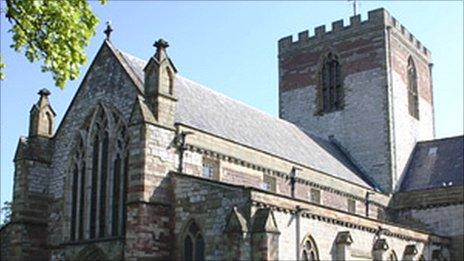Church in Wales to vote on women bishops
- Published
Opinions within the Church in Wales vary
A yes-no vote to allow female bishops in the Church in Wales is to be held.
Bishops within the Church are for the idea and had also sought changes to be made to its constitution for priests who do not want to be led by a woman.
But that was rejected by the governing body despite claims that if the vote goes through later it could cause "great disunity" within the church.
In England, the issue is due to be discussed again in November. Ireland and Scotland both allow female bishops.
Despite female bishops being allowed in Northern Ireland and Scotland, none have been elected yet.
In Wales and England previous attempts have been thrown out because of internal disagreements.
But in July, the Archbishop of Canterbury, the Most Reverend Justin Welby, said there were "good signs" that the ordination of women bishops would be approved by the Church of England after its ruling general synod voted to restart work on the issue, with the aim of final approval in 2015.
On Thursday the Church in Wales' governing body will vote for a second time on the ordination of women bishops after the proposal was defeated in 2008.
The bill, external is going before the 144 members of the church's governing body during a meeting at Lampeter, Ceredigion.
The group includes 51 clerical representatives and over 80 non-clerical representatives.
The Church's six bishops put forward proposals which say that even if the bill is backed, women bishops would still not be allowed until provision had been agreed for those opposed - involving a second bill some time in the future.
However supporters of women bishops successfully tabled their own amendment today which does not require the church to change its constitution and could be adopted after a year.
The Church in Wales tweeted, external: "This means the following vote (and debate) will be a yes/no vote, for or against women to be consecrated as bishops."
If the vote fails it could be another five years before such a change is considered again.
But Father Ben Andrews, from Barry, Vale of Glamorgan, said it would still be "difficult if not impossible for us to stay" if women bishops were allowed.
Parishioners at a Cardiff church give their views on the ordination of women bishops
"The bishop's role is to hold the diocese together, and for those of us who in good conscience cannot accept the sacramental ministry of a woman bishop means we cannot be in communion with that bishop," he said.
"We are told we have an honoured place within the church but that place is going to be difficult if not impossible for us to stay and remain.
"There may come a time when it is impossible for me to function as a priest in the Church in Wales."
Wales, like England, allows women to be deacons and priests but not bishops.
A vote on ordination in Wales was lost in 2008 by just three votes.
But the issue resurfaced last year when the Bench of Bishops in Wales drew up a discussion paper confirming their unanimous support for women bishops.
'No theological sense'
The Archbishop of Wales, Dr Barry Morgan, said: "Since we ordain women as deacons and priests it makes no theological sense not to ordain them as bishops since we believe in the three-fold order of ministry.
"That is why I and my fellow bishops will be asking members of the governing body to vote in favour of the bill."
The Venerable Peggy Jackson, Archdeacon of Llandaff, Cardiff, and Canon Jenny Wigley, from Radyr parish, have proposed an amendment seeking to do away with the need for a second bill, therefore allowing women bishops to be introduced more quickly.
They want a one-stage vote with a provision for the bishops to write a code of practice to provide for those against the proposals.
In a previous interview, Canon Wigley told BBC Wales she had been "disappointed for years" that women had not yet been ordained.
"The truth is the church needs to make sense to the rest of the world and the rest of the world thinks we are bonkers to say there only some things that women can do," she said.
- Published21 November 2012
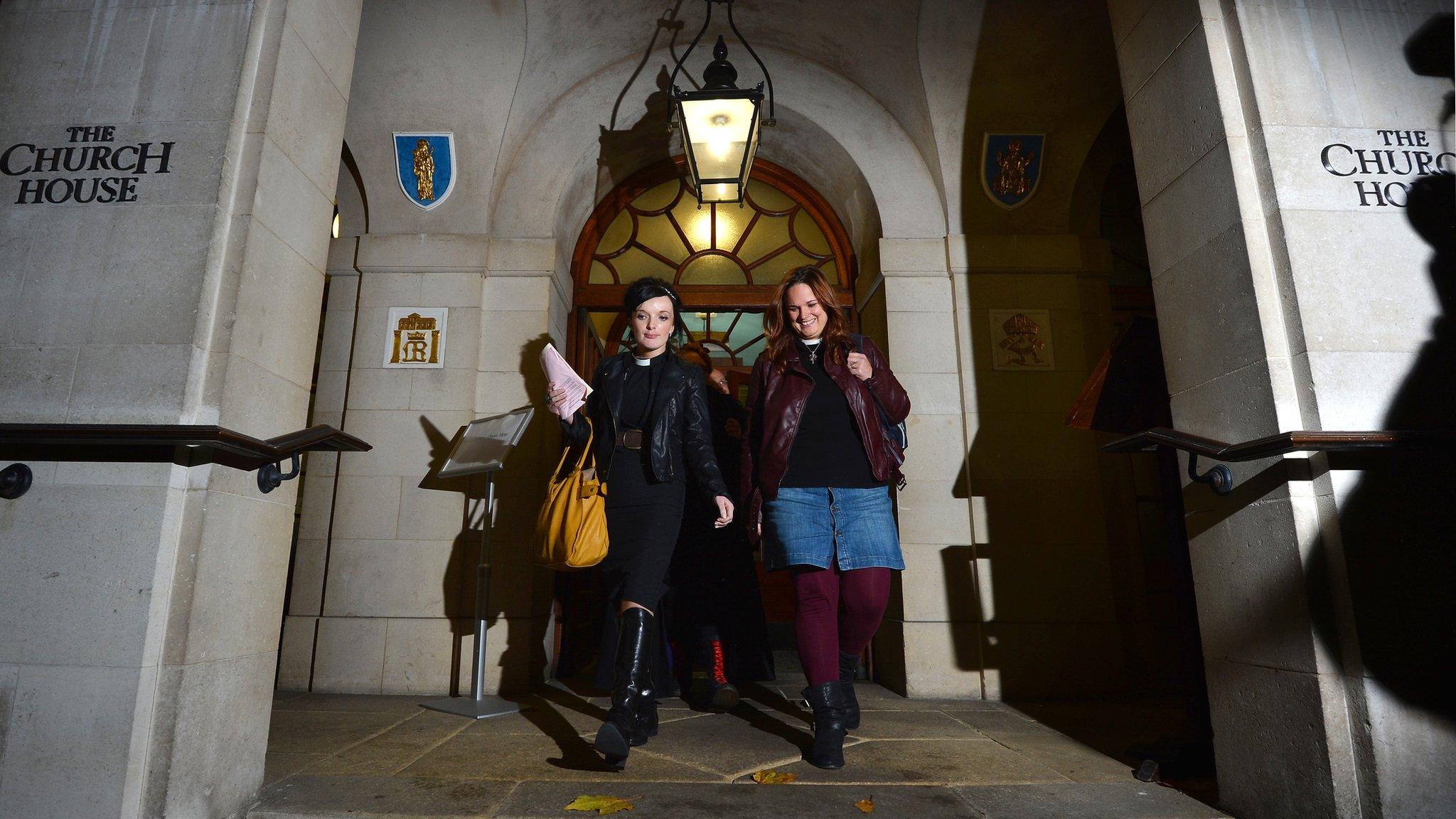
- Published9 July 2013
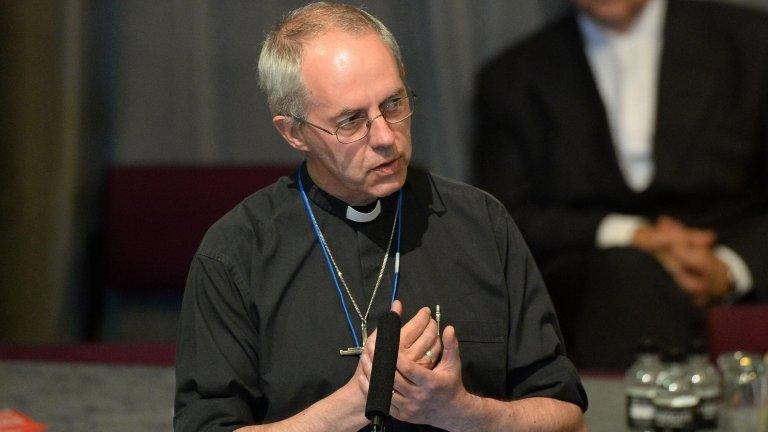
- Published16 November 2014
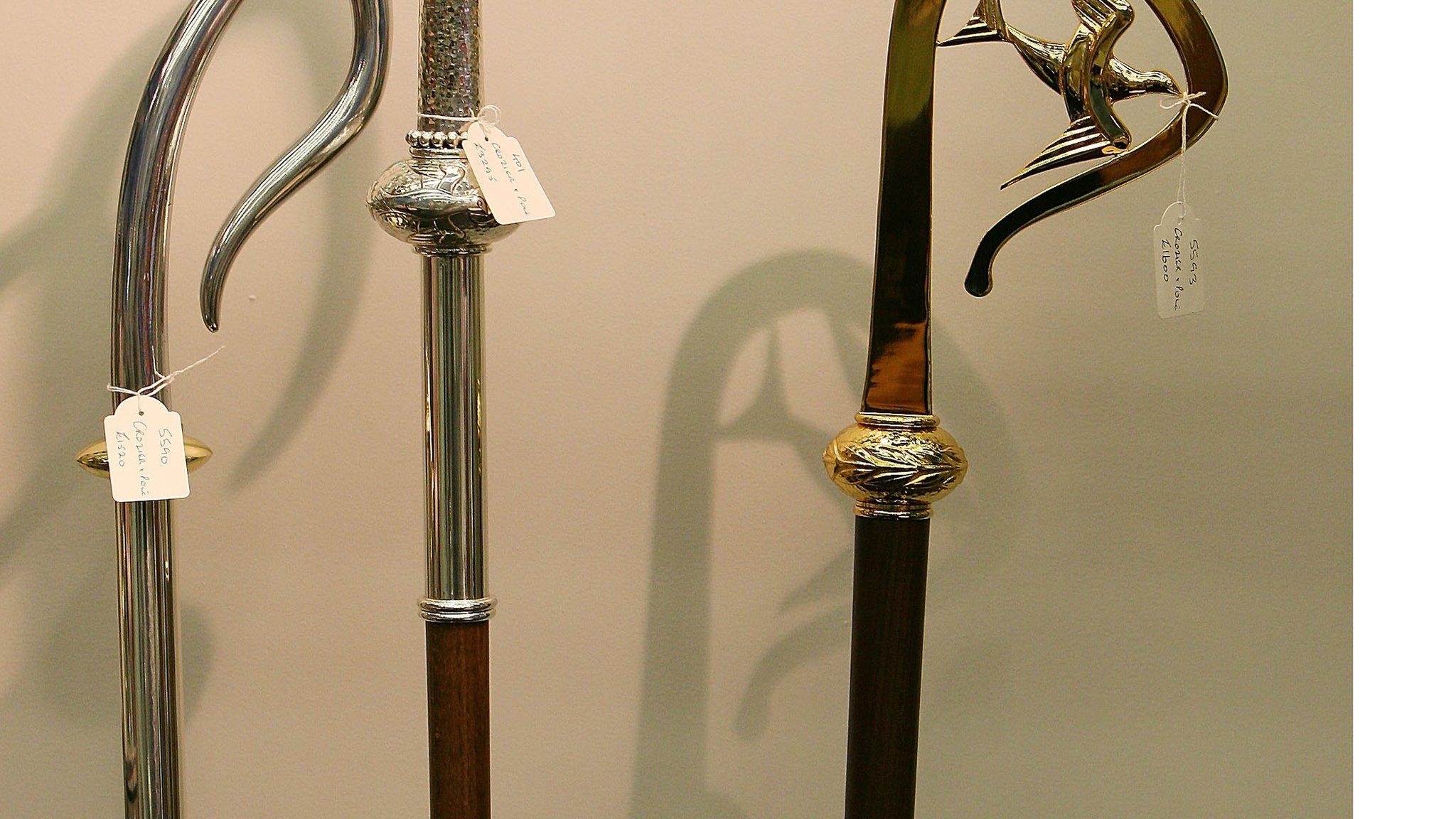
- Published10 April 2013
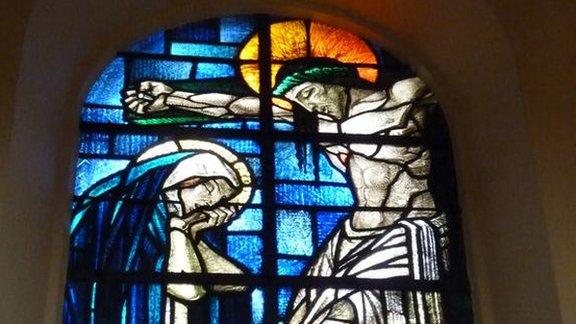
- Published21 November 2012
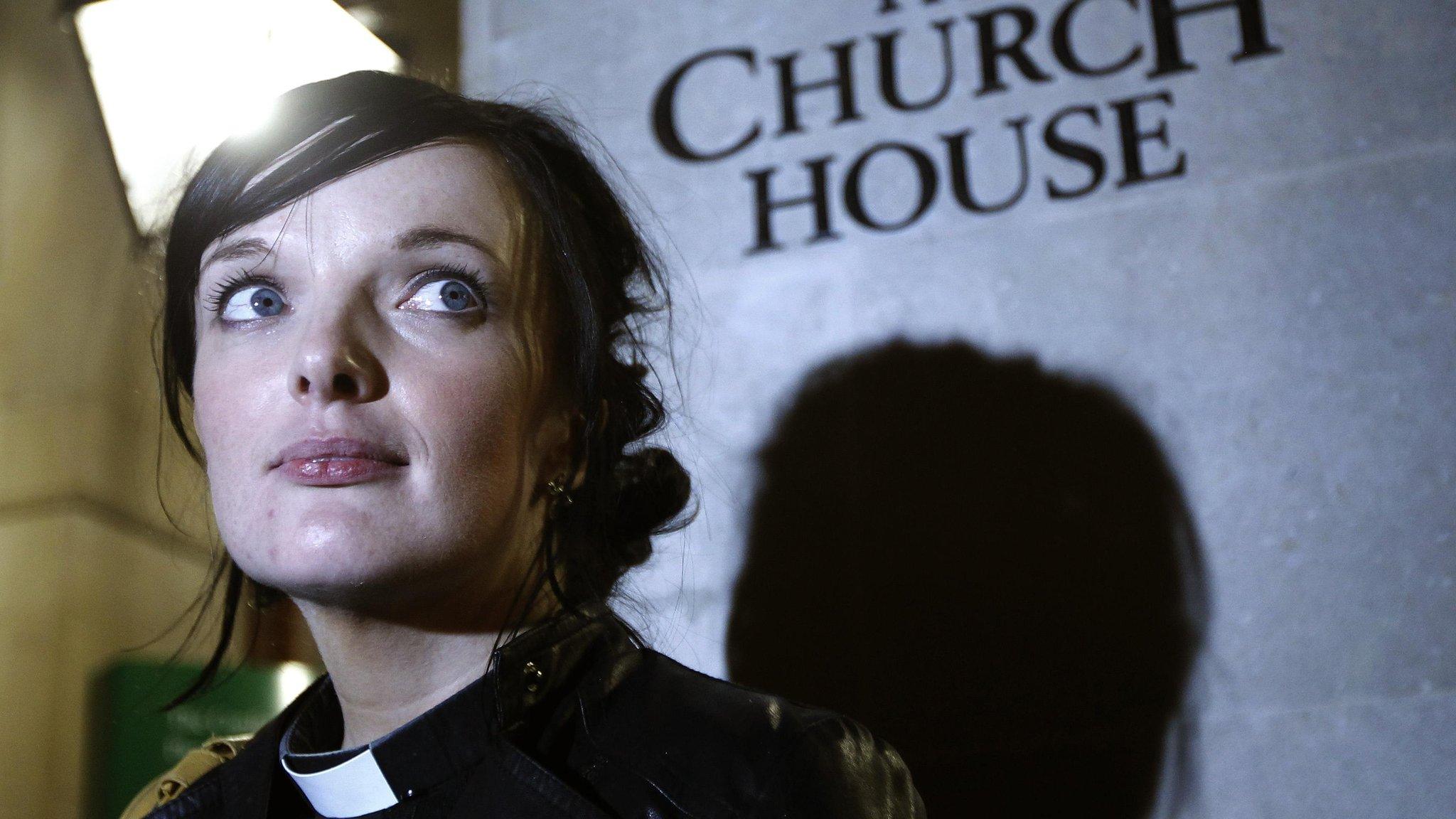
- Published21 November 2012
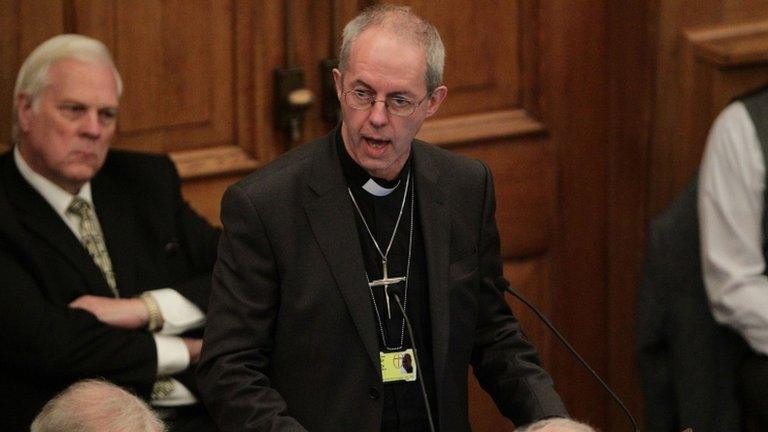
- Published20 July 2012
